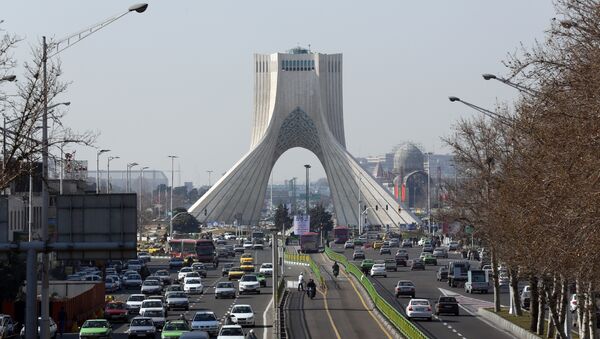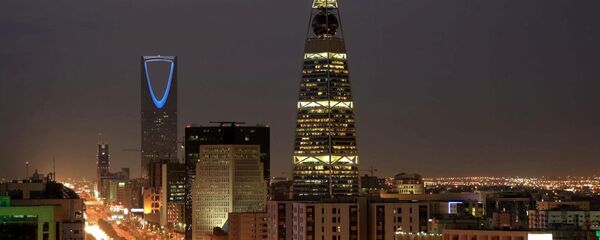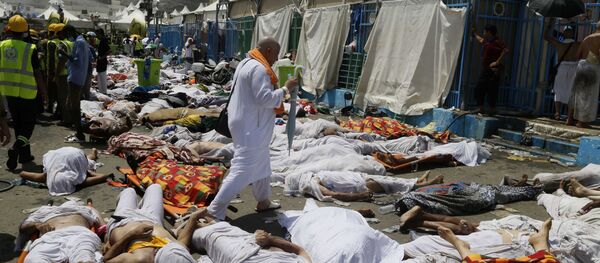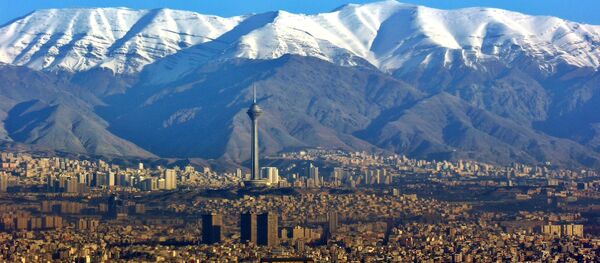The newspaper cited Kuwait’s Deputy Foreign Minister Khaled Jap-Allah. In particular, he said: "Kuwait is waiting for the moment when ambassadors of the Gulf Cooperation Council nations will return to Tehran. But the initiative fully depends on Iran and its regional policy."
Gulf monarchies understand that the Iranian market is very important for their economies.
Shoeib Bahman, a prominent Iranian political analyst and specialist on the Middle East, said that the statements of Kuwaiti officials can be considered in four aspects.
First, each of the Gulf Cooperation Council nations is interested is having stable diplomatic relations with Iran because all of them pursue their national interests in the region. What is more, many of these countries have maritime borders with Iran and they cannot be isolated from their neighbor, the analyst told Sputnik.
Second, the Council members understand that Iran is one of the key players in the region. It has much economic, political and military influence in the Middle East. These countries want to have normal ties with Iran, but without diminishing his regional role.
Furthermore, some of the Council members have territorial disputes with Saudi Arabia. Riyadh seeks military dominance in the region, and this has sparked concerns among other players. This is why these countries are now turning to Tehran, Bahman explained.
All of the above has pushed the Council to revise its stance toward Iran, the analyst concluded.
The assumption was shared by Iranian journalist and expert, Emad Abshenass. According to him, many of the Gulf Cooperation Council members have admitted their policy towards Tehran was wrong.
"They understood that from the very beginning their policy towards Iran was wrong, especially when it comes to Saudi Arabia. Historically, Iran has had much influence in the region. But unlike many Western countries and Saudi Arabia, Tehran never meddled in domestic affairs of other regional players," Abshenass noted.
He also explained that only Saudi Arabia and Bahrain has cut off diplomatic ties with Tehran.
However, the situation is more complicated when it comes to Saudi Arabia, he added.
"Saudi Arabia and Iran could restore diplomatic relations. But to make this happen, Riyadh would have to abandon its wrongful policy towards Tehran, including stop sponsoring terrorism in the Middle East," Abshenass said.
In January, after Saudi Arabia executed prominent Shia cleric Nimr al-Nimr Iranian protesters attacked the Saudi embassy in Tehran and a consulate in Meshhad. In response, Saudi Arabia and then Bahrein broke off diplomatic ties with Iran. The United Arab Emirates downgraded relations with Tehran and decreased the number of Iranian diplomats. In turn, Kuwait and Qatar called off their ambassadors from Iran.





